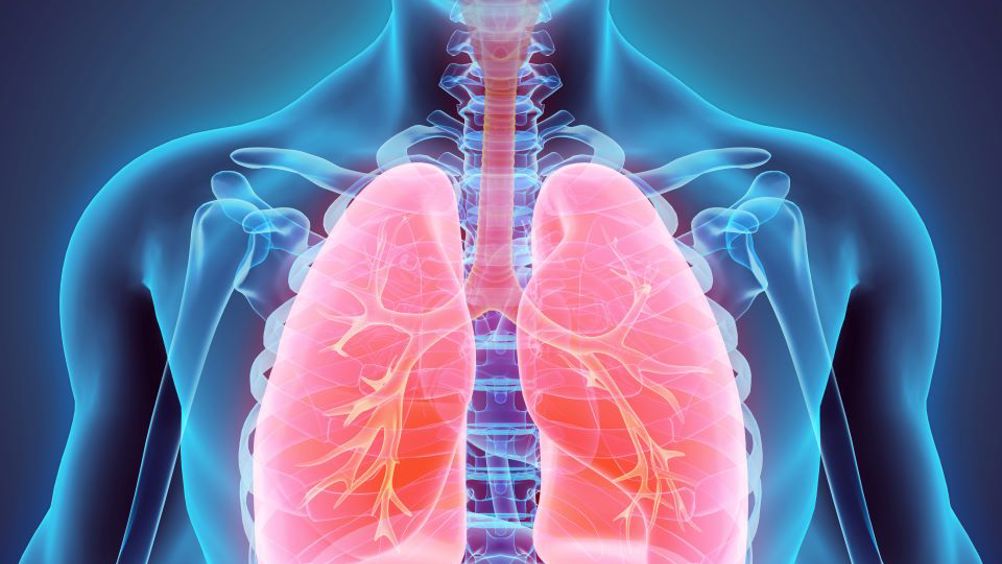Funding for handheld device that diagnoses asthma earlier
Handheld technology that could lead to earlier diagnosis of asthma and other conditions has attracted £1.4m in investment to help towards commercialisation.

Investment into PulmoBioMed, a Northumbria University spin-out, was led by the North East Venture Fund, supported by the European Regional Development Fund and managed by Mercia Ventures, and included Northumbria University, SFC Capital and private investors in the USA, EU and UK. The company has also secured a £700,000 grant from Innovate UK to help it demonstrate the benefits of its technology.
PulmoBioMed said its breath sampling technology offers a fast, non-invasive way to obtain fluid samples from the deep lung without contamination from fluids from the mouth. Most sampling devices cannot distinguish between the two, so may result in an unclear or misleading diagnosis, while other methods are highly invasive and cannot be performed frequently, or suffer contamination from the environment.
MORE FROM MEDICAL & HEALTHCARE
PulmoBioMed’s PBM-Hale device captures the breath as the patient exhales. It then separates large aerosol droplets which come from the mouth from fine droplets which come from the deep lung. Clinical studies have shown that it provided uncontaminated deep lung samples in two minutes that helped detect and quantify lung infections and inflammation in 100 per cent of symptomatic cases.
Register now to continue reading
Thanks for visiting The Engineer. You’ve now reached your monthly limit of news stories. Register for free to unlock unlimited access to all of our news coverage, as well as premium content including opinion, in-depth features and special reports.
Benefits of registering
-
In-depth insights and coverage of key emerging trends
-
Unrestricted access to special reports throughout the year
-
Daily technology news delivered straight to your inbox










Water Sector Talent Exodus Could Cripple The Sector
Maybe if things are essential for the running of a country and we want to pay a fair price we should be running these utilities on a not for profit...